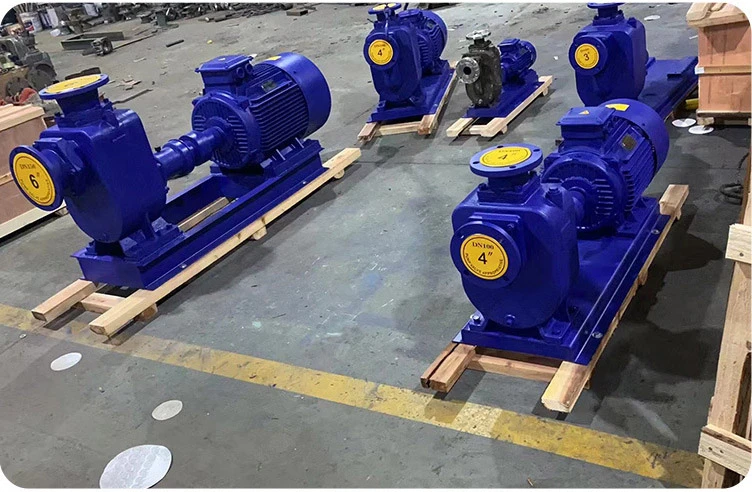Swahili
- Afrikaans
- Albanian
- Amharic
- Arabic
- Armenian
- Azerbaijani
- Basque
- Belarusian
- Bengali
- Bosnian
- Bulgarian
- Catalan
- Cebuano
- Corsican
- Croatian
- Czech
- Danish
- Dutch
- English
- Esperanto
- Estonian
- Finnish
- French
- Frisian
- Galician
- Georgian
- German
- Greek
- Gujarati
- Haitian Creole
- hausa
- hawaiian
- Hebrew
- Hindi
- Miao
- Hungarian
- Icelandic
- igbo
- Indonesian
- irish
- Italian
- Japanese
- Javanese
- Kannada
- kazakh
- Khmer
- Rwandese
- Korean
- Kurdish
- Kyrgyz
- Lao
- Latin
- Latvian
- Lithuanian
- Luxembourgish
- Macedonian
- Malgashi
- Malay
- Malayalam
- Maltese
- Maori
- Marathi
- Mongolian
- Myanmar
- Nepali
- Norwegian
- Norwegian
- Occitan
- Pashto
- Persian
- Polish
- Portuguese
- Punjabi
- Romanian
- Russian
- Samoan
- Scottish Gaelic
- Serbian
- Sesotho
- Shona
- Sindhi
- Sinhala
- Slovak
- Slovenian
- Somali
- Spanish
- Sundanese
- Swahili
- Swedish
- Tagalog
- Tajik
- Tamil
- Tatar
- Telugu
- Thai
- Turkish
- Turkmen
- Ukrainian
- Urdu
- Uighur
- Uzbek
- Vietnamese
- Welsh
- Bantu
- Yiddish
- Yoruba
- Zulu
Telephone: +86 13120555503
Email: frank@cypump.com
Oktoba . 30, 2024 16:17 Back to list
septic tank pumps
Understanding Septic Tank Pumps Essential Components for Efficient Waste Management
Septic tanks are a crucial component of many rural and suburban properties where municipal sewage systems are not available. These underground tanks treat and dispose of household wastewater, incorporating a simple yet effective process that relies heavily on gravity and natural processes. However, for a septic system to operate efficiently, septic tank pumps play a pivotal role. In this article, we will explore the function, types, and importance of septic tank pumps in maintaining a healthy waste management system.
The primary function of a septic tank pump is to move wastewater from the septic tank to the drain field or leach field. Wastewater enters the tank, where it separates into three layers solids, scum, and effluent. The effluent, which is the liquid waste, needs to be pumped out once the tank reaches its capacity. This is essential to prevent overflow, which can lead to environmental contamination and costly repairs.
There are several types of septic tank pumps, with the two most common being effluent pumps and grinder pumps. Effluent pumps are designed to move clarified liquid waste from the septic tank to the drain field. These pumps are typically used in systems that require wastewater to be pumped uphill or over a distance. Grinder pumps, on the other hand, are equipped with blades that grind solids into a slurry, making it easier to transport wastewater through small pipes. This type of pump is often used in properties where the septic tank is located below the level of the drain field.
septic tank pumps

Maintaining a septic tank and its pump is vital for efficient operation. Regular inspections and pumping of the septic tank, usually recommended every 3-5 years, help prevent issues like clogs and backups. Homeowners should also be mindful of what goes down the drain; excessive fats, oils, and non-biodegradable materials can stress the system and lead to pump failure.
Choosing the right septic tank pump is equally important. Factors such as the size of the tank, the distance to the drain field, and the specific needs of the household should be considered. Investing in a high-quality pump can save homeowners from the costly consequences of pump failure and system breakdowns.
In conclusion, septic tank pumps are essential for the efficient functioning of septic systems. Understanding the different types of pumps, maintaining the system, and making informed choices can contribute to a sustainable waste management solution for properties reliant on septic tanks. By prioritizing the health of their septic systems, homeowners can protect their property and the environment.
-
Heavy-Duty Mining Sludge Pumps - Wear-Resistant Slurry Handling
NewsAug.02,2025
-
Horizontal Split Case Pump with GPT-4 Turbo | High Efficiency
NewsAug.01,2025
-
ISG Series Pipeline Pump - Chi Yuan Pumps | High Efficiency, Durable Design
NewsAug.01,2025
-
Advanced Flue Gas Desulfurization Pump with GPT-4 Turbo | Durable & Efficient
NewsJul.31,2025
-
ISG Series Vertical Pipeline Pump - Chi Yuan Pumps | Advanced Hydraulic Design&Durable Construction
NewsJul.31,2025
-
ISG Series Vertical Pipeline Pump - Chi Yuan Pumps | Energy Efficient & Low Noise
NewsJul.31,2025










